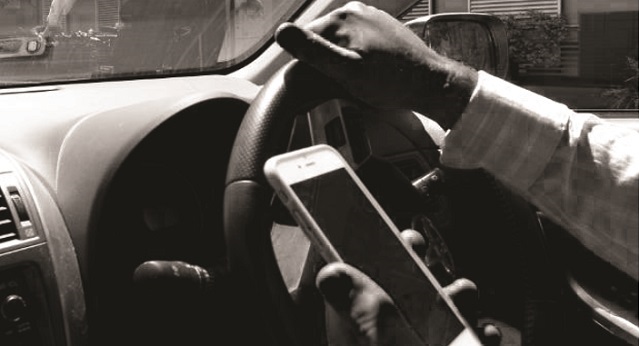
Drivers who pride themselves on their motoring skills may want to think again if they believe some of these ‘habits’ are best practice. They comprise some driving habits that many people may believe are hard facts for driving perfection. Once you have read this, however, you may think twice before doing any of the following:
- Filling you petrol tank to the brim
Most people do this and ‘top up’ after the nozzle has clicked. Don’t. The click marks the moment the tank is as good as full and filling up beyond this point leaves no room for fuel vapour to expand in the tank. This can damage your car’s vapour collection system. This consists of a charcoal filter that could be flooded – and damaged – by excess fuel.
- Driving with your hands at ‘ten and two’
Driving with your hands in the ‘ten and two’ positions is not the current advice of driving schools. It used to be. These days, kKeeping your hands at ‘nine and three’ is generally considered more comfortable and better for driving. And, with the vast majority of modern cars having power steering, the extra leverage gained by placing your hands high on the wheel is no longer necessary.
- Paying extra for high octane petrol
Most petrol stations offer a choice between normal 95 RON (95 octane) petrol and 98 RON super unleaded. Some also sell high-performance ‘premium’ diesel. These typically cost a little more per litre – which amounts to a little more per tank refill – but are only worth having if you drive a high-performance car.
- Don’t slam on the breaks if you have a blowout
Most people will panic and want to stop the car as quickly as possible but this is not always the safest approach. Doing so may cause the car to spin or fishtail. A better way would be easing off the accelerator gradually.
- Do you wait for your car to warm up before driving?
Modern fuel injection and engine management systems regulate the warm-up process to improve efficiency and reduce wear. By letting your engine idle is only wasting fuel.
- Changing engine oil every year
Improvements in engine and oil technology mean service intervals for cars have become far less frequent. High-performance engines could need fresh oil as frequently, or in some cases even more so, than every 5,000 miles – but some modern cars can cover several times that distance. The best advice, therefore, is to refer to your handbook and follow the manufacturer’s recommendations.
- Using your phone if the car is stationary
The only way you can legally use your phone is with a hands free kit or while parked with the engine off.
- Believing there is a ‘minimum speed limit’ on motorways
Some people believe the minimum speed limit on motorways is 40mph, when actually there is no minimum speed limit, legally speaking. We would never advise driving disproportionately slower to the traffic around you on a motorway because, in normal conditions, driving too slowly may be as dangerous as driving too fast.
****
Source: Internet
 The Independent Uganda: You get the Truth we Pay the Price
The Independent Uganda: You get the Truth we Pay the Price


